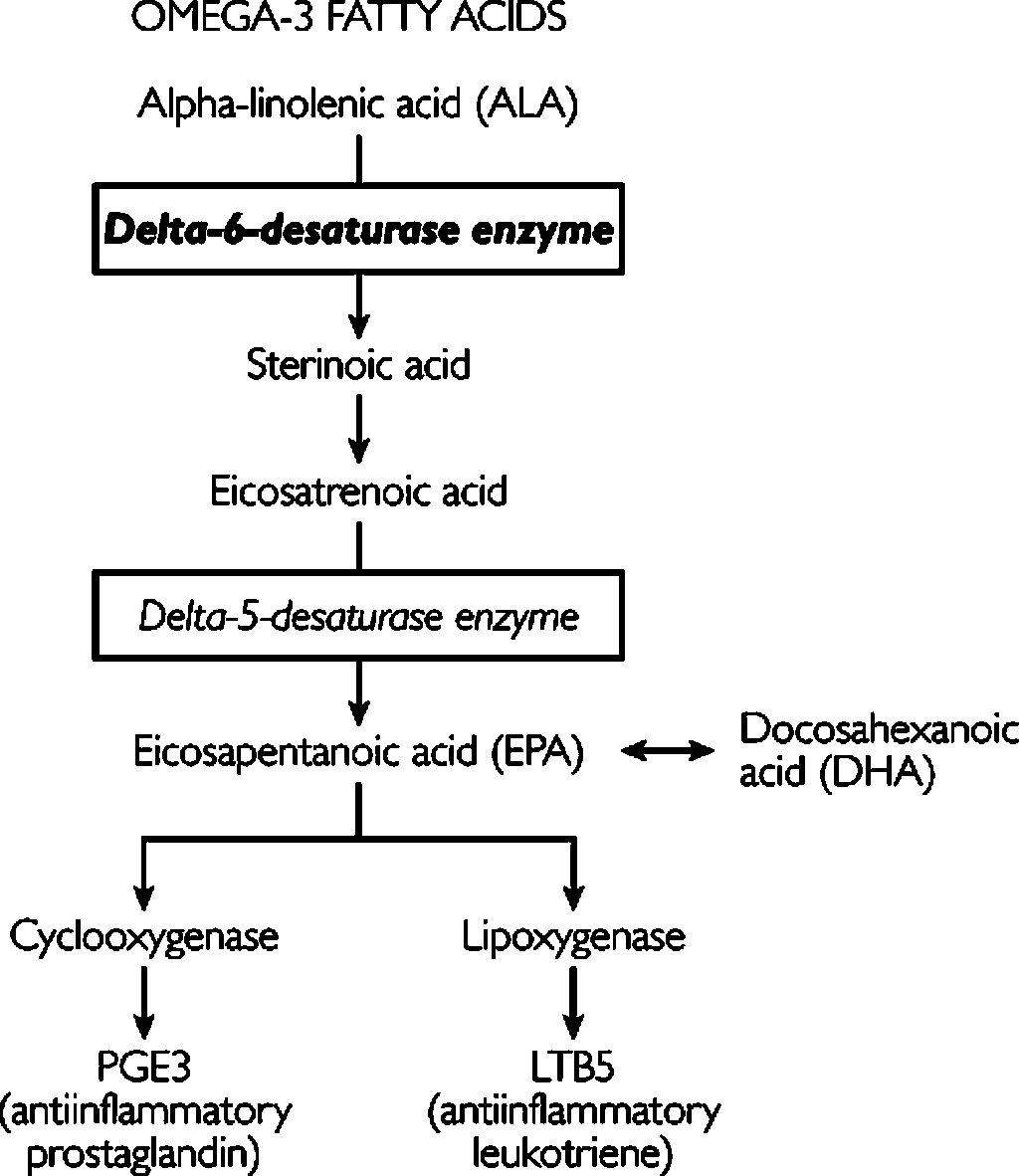This is a fantastic article from Dr. Mercola that I would like to expand on.
Depression, especially manic-depression (bi-polar disorder), is near and dear to me, as I have seen, first-hand, the affects that it can have on, not only an individual, but an entire family. I mentioned, briefly, manic-depression in an earlier post about ADD/ADHD with regard to blood sugar imbalances. The causes of depression (without mania) can be wide-spread and sometimes vague. Nassir Ghaemi, M.D., a Harvard trained psychiatrist, tells us in his book A First Rate Madness, that there are four specific lines of evidence that have become standard in psychiatry: symptoms, genetics, course of illness, and treatment. The one that is pertinent to this post is treatment. Ghaemi also states, "drugs used for mental illnesses are nonspecific; they can work for several different illnesses, and they can even affect behavior in people who aren't mentally ill."
The following from the Mercola's article is very important here with regard to the prior definitions I have provided.
....for the first time in history a sizable number of U.S. combat troops are taking daily doses of antidepressants to cope. This is a really bad idea and is likely part of the reason why the military is seeing such a dramatic upswing in suicide rates, as antidepressants have been linked to suicide in young adults aged 18-24, which is the prime age range of these combat troops.
Now let me add my perspective to this issue...
Dr. Mercola mentions that the breakdown of fatty acids in our systems is inhibited by impaired delta 6 desaturase activity. The desaturase enzymes help our bodies utilize fatty acids efficiently. Delta 6 desaturase activity is dependant on several co-factors. These co-factors are: Riboflavin (vitamin B2), Niacin (B3), vitamin B6, Magnesium, and Zinc. Now, if you ask any nutritionist, dietitian, or any other health care provider that is worth a hill of beans, what foods are deficient in these co-factors, I would be hard-pressed to say that not one of them would say anything other than REFINED CARBOHYDRATES. Or...anything that comes in a bag, can or box. What are we feeding our military personnel? Refined carbohydrates. How do refined carbohydrates react in our body? Just like sugar, and sometimes worse that sugar.
This leads me into delta 5 desaturase. Insulin (which is stimulated by carbohydrate consumption) increases the activity of delta-5-desaturase. Which promotes the formation of arachidonic acid or "bad" fats. On the other hand, higher intake of protein increases the activity of delta-6 desaturase, thus increasing the conversion of essential fatty acids, while glucagon (which is stimulated by protein consumption) decreases delta-5 desaturase activity, thereby reducing the formation of arachidonic acid and "bad" fats. In short, a diet that is high in protein and low in carbohydrate is ideal for producing "good" fats.

So.....what does all this mean? Depression can not only be helped by increasing animal based EFAs, but can also be helped with by stopping the consumption of junk sugars and increasing good quality animal protein sources. This will help to regulate the delta 5 enzyme. Consider taking a LOW-POTENCY B-complex vitamin with some magnesium and zinc to stimulate the delta 6 enzyme (most HIGH potency B-complexes are synthetic and can actually worsen the issue at hand).
I have the utmost respect for the men and women that put their lives on the line every day so that I can write this post. I have never been in the military so it is hard for me to even imagine the emotional trauma that can happen. However, when you are dealing with emotions, biochemical balance is paramount. EFAs with B vitamins and dietary changes can have profound affects on how the brain functions.
If you or someone you know is in has been in the military, and emotional therapies are helping, but not thouroughly have them try some of the aformentioned dietary tips to see if it helps. It sure won't hurt things, and it just might be the link to healing some of the psychological trauma our brave veterans deserve.